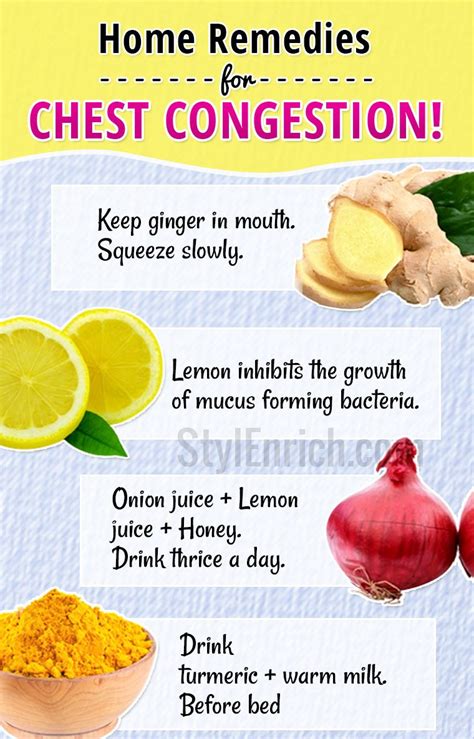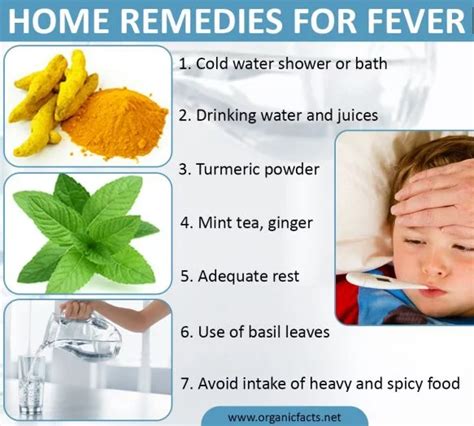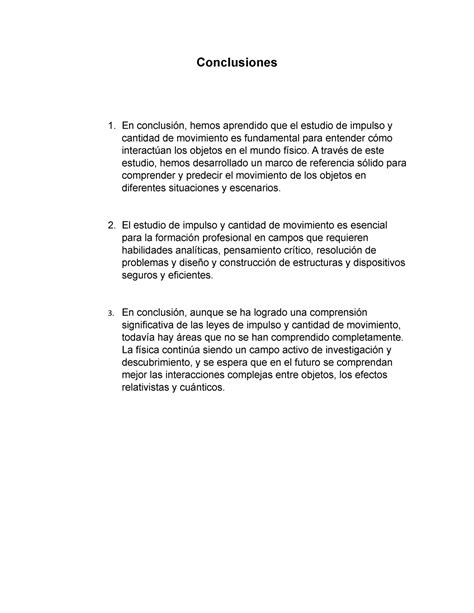Intro
Chest congestion can be a debilitating and frustrating condition, making it difficult to breathe, sleep, and perform daily activities. It is often characterized by a feeling of heaviness or tightness in the chest, accompanied by coughing, wheezing, and difficulty breathing. Chest congestion can be caused by a variety of factors, including respiratory infections, allergies, asthma, and environmental factors such as pollution and smoke. Fortunately, there are many effective remedies and treatments available to help alleviate chest congestion and improve respiratory health.
Chest congestion can have a significant impact on daily life, affecting not only physical health but also mental well-being. The constant coughing, wheezing, and difficulty breathing can be exhausting, making it challenging to concentrate, work, and engage in social activities. Moreover, chest congestion can also lead to complications such as pneumonia, bronchitis, and chronic obstructive pulmonary disease (COPD) if left untreated or poorly managed. Therefore, it is essential to seek medical attention if symptoms persist or worsen over time.
The importance of addressing chest congestion cannot be overstated. By understanding the causes, symptoms, and treatment options, individuals can take proactive steps to manage their condition, prevent complications, and improve their overall quality of life. In this article, we will delve into the world of chest congestion remedies, exploring the various treatment options, home remedies, and lifestyle changes that can help alleviate symptoms and promote respiratory health.
Understanding Chest Congestion

Causes of Chest Congestion
The causes of chest congestion can be broadly categorized into infectious, non-infectious, and environmental factors. Infectious causes include respiratory viruses such as the common cold, flu, and pneumonia, as well as bacterial infections like bronchitis and tuberculosis. Non-infectious causes include allergies, asthma, and COPD, while environmental factors such as pollution, smoke, and dust can also contribute to chest congestion.Treatment Options for Chest Congestion

Medications for Chest Congestion
Medications play a crucial role in managing chest congestion, and the type of medication prescribed depends on the underlying cause and severity of symptoms. Expectorants such as guaifenesin help thin and loosen mucus, making it easier to cough up, while cough suppressants like dextromethorphan can reduce coughing. Decongestants such as pseudoephedrine and phenylephrine can help relieve nasal congestion and sinus pressure, while bronchodilators like albuterol can open up airways and improve breathing.Home Remedies for Chest Congestion

Natural Remedies for Chest Congestion
Natural remedies such as herbal supplements, essential oils, and spices can also provide relief from chest congestion. Herbal supplements like echinacea, slippery elm, and marshmallow root can help reduce inflammation and promote respiratory health, while essential oils like eucalyptus, peppermint, and lavender can help loosen mucus and relieve congestion. Spices like ginger, turmeric, and cinnamon can also help reduce inflammation and promote healing.Lifestyle Changes for Managing Chest Congestion

Preventing Chest Congestion
Preventing chest congestion is often easier than treating it, and there are many steps individuals can take to reduce their risk. Getting vaccinated against flu and pneumonia, practicing good hygiene like washing hands regularly, and avoiding close contact with people who are sick can all help reduce the risk of respiratory infections. Avoiding exposure to pollutants and allergens, using a mask when outdoors, and getting regular check-ups can also help promote respiratory health and reduce the risk of complications.Conclusion and Next Steps

What are the common causes of chest congestion?
+Chest congestion can be caused by a range of factors, including respiratory infections, allergies, asthma, and environmental factors such as pollution and smoke.
What are the symptoms of chest congestion?
+The symptoms of chest congestion can include coughing, wheezing, difficulty breathing, chest tightness, and fatigue.
How can I manage chest congestion at home?
+There are many effective home remedies for managing chest congestion, including drinking plenty of fluids, using a humidifier, and practicing steam therapy.
What are the best medications for chest congestion?
+The best medications for chest congestion depend on the underlying cause and severity of symptoms, but may include expectorants, cough suppressants, decongestants, and bronchodilators.
Can lifestyle changes help manage chest congestion?
+Yes, lifestyle changes such as quitting smoking, avoiding exposure to pollutants and allergens, and getting regular exercise can all help promote respiratory health and reduce the risk of complications.
We hope this article has provided you with valuable insights and information on managing chest congestion. If you have any further questions or concerns, please don't hesitate to comment below. Share this article with your friends and family to help spread awareness and promote respiratory health. Take the first step towards a healthier, happier you – breathe easier, live healthier, and enjoy a better quality of life.
